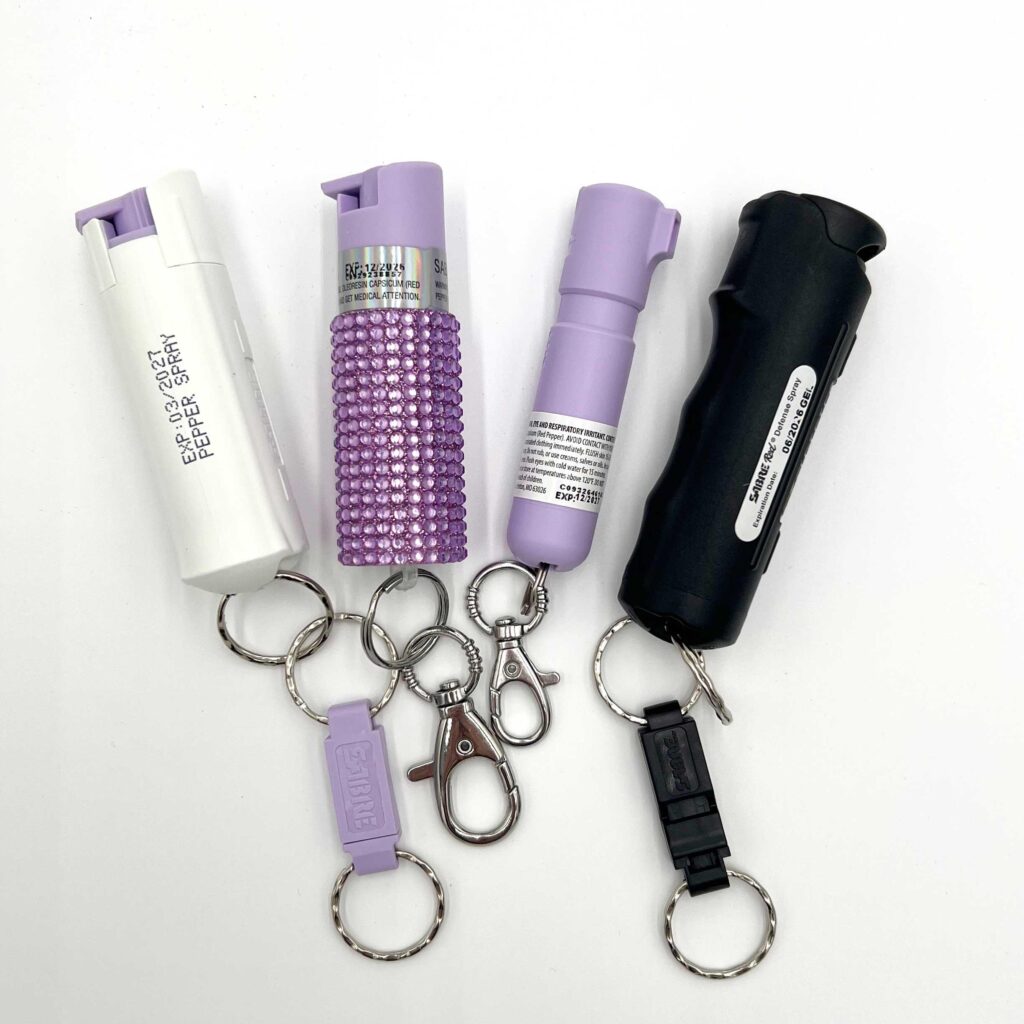Table of Contents
- The Impact of Expired Sprays on Health and Safety
- How Chemical Composition Changes Over Time Affect Spray Efficiency
- Best Practices for Monitoring and Storing Sprays to Maximize Shelf Life
- Expert Guidelines for Safely Disposing of Expired Sprays
- Key Takeaways
The Impact of Expired Sprays on Health and Safety
Utilizing sprays beyond their expiration dates can pose significant health risks. Chemical compounds in expired sprays may degrade, leading to reduced efficacy or unintended chemical reactions that irritate the skin, eyes, or respiratory system. Exposure to these altered substances increases the likelihood of allergic reactions, headaches, dizziness, and in severe cases, respiratory distress. Moreover, expired sprays may not evenly distribute active ingredients, compromising their intended protective or therapeutic functions and inadvertently exposing users to harmful elements or environmental hazards.
From a safety perspective, the structural integrity of spray containers may weaken over time. Pressure build-up or corrosion inside cans can lead to leaks or even explosions, especially when subjected to heat or rough handling. Key concerns include:
- Risk of inhaling toxic fumes due to chemical breakdown
- Reduced fire resistance or flammability control
- Potential contamination from degraded propellants or preservatives
- Unpredictable dosing leading to ineffective or hazardous applications
Ensuring that sprays are used within their prescribed shelf life is an essential step for safeguarding personal and public health, as well as preventing accidents related to product failure.
How Chemical Composition Changes Over Time Affect Spray Efficiency
Over time, the molecular structure of spray chemicals undergoes significant alteration, often triggered by exposure to environmental factors such as heat, light, and oxygen. These chemical changes can degrade active ingredients, reducing their potency and effectiveness. For instance, oxidization can break down essential compounds, leading to a much weaker formulation that may no longer deliver the intended results. Additionally, the formation of unwanted byproducts can alter the spray’s consistency, impacting how evenly it disperses during application.
Maintaining spray efficiency hinges on the integrity of its chemical composition. When these compounds degrade, several issues arise that directly affect performance:
- Reduced bioavailability of active agents, lowering effectiveness
- Altered viscosity, leading to poor spray pattern and coverage
- Increased risk of clogging nozzles and equipment malfunction
- Potential changes in safety profiles, posing hazards to users
Understanding these transformations underscores the importance of monitoring expiration dates and storage instructions rigorously. Optimal efficacy and safety depend heavily on using sprays within their recommended shelf life, ensuring every application meets the highest standards of quality and performance.
Best Practices for Monitoring and Storing Sprays to Maximize Shelf Life
To ensure your sprays maintain their potency and effectiveness over time, it is crucial to store them properly. Always keep sprays in a cool, dry place away from direct sunlight, as excessive heat and light can degrade the active ingredients. Avoid storing sprays in humid environments such as bathrooms, where moisture can compromise the formula’s stability. Additionally, tightly sealing the container after each use minimizes exposure to air, which can accelerate chemical breakdown. For sprays requiring refrigeration, adhere strictly to manufacturer instructions to prevent spoilage.
Regular monitoring plays a vital role in extending the usability of your sprays. Establish a routine to check expiration dates and signs of deterioration such as changes in color, smell, or consistency. Creating a simple inventory list with purchase dates and expiration deadlines helps avoid using ineffective or potentially harmful products. Remember, expired sprays may not only lose their intended effect but could also pose safety risks. Implementing these best practices ensures you get the full lifespan and maximum benefit from every spray bottle in your collection.
Expert Guidelines for Safely Disposing of Expired Sprays
Proper disposal of expired sprays is crucial to prevent environmental contamination and personal harm. Experts recommend never discarding these products in regular household trash or pouring their contents down drains, as the chemicals can leach into soil and waterways. Instead, take advantage of designated hazardous waste collection centers or community disposal events specifically equipped to handle aerosols. Always keep expired sprays in their original containers with labels intact to help waste handlers identify contents quickly and ensure safe treatment.
In addition to responsible drop-off methods, simple precautions at home can enhance safety. Store expired sprays away from heat sources, open flames, and children until they can be properly disposed of. If transport to a disposal site is necessary, place the cans upright in a sturdy box to avoid punctures or leaks. Remember, adhering to these expert guidelines not only protects your health but also contributes to broader environmental preservation efforts, making a tangible difference beyond your household.
Key Takeaways
In conclusion, regularly checking the expiration date on your spray products is a simple yet crucial step in ensuring their effectiveness and safety. Expired sprays can lose potency, compromise results, and even pose health risks. By staying informed and vigilant, consumers can make better decisions, protect their well-being, and avoid unnecessary expenses. Staying aware of product lifespans ultimately contributes to smarter usage and greater overall satisfaction.Check Our Other Blogs
- StunGun – Your Trusted Source for Stun Guns, Laws, and Self-Defense Tips
- PepperSprayLaws – Your Trusted Resource for Pepper Spray Information
- StunGunLaws – Your Trusted Guide to Stun Gun Legality and Safety




